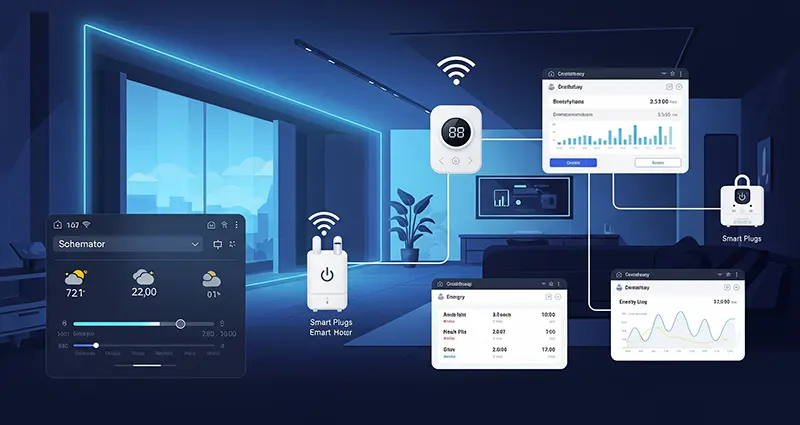Harnessing the Power of IoT Devices to Enhance Smart Home Energy Efficiency
In today’s digital age, the Internet of Things (IoT) has revolutionized the way we interact with our homes, making them smarter, more efficient, and sustainable. IoT devices, equipped with sensors and connectivity, have paved the way for innovative solutions to optimize energy consumption and reduce carbon footprints. By leveraging IoT technology, homeowners can now effectively monitor, manage, and control their energy usage, leading to significant improvements in smart home energy efficiency.
Smart Thermostats for Precision Heating and Cooling
One of the most impactful IoT devices for enhancing smart home energy efficiency is the smart thermostat. These intelligent devices are designed to learn and adapt to homeowners’ preferences, schedules, and environmental conditions, enabling precise control of heating and cooling systems. By utilizing occupancy sensors, weather forecasts, and machine learning algorithms, smart thermostats can optimize temperature settings to reduce energy waste and avoid unnecessary heating or cooling when occupants are away. Through … Read the rest









